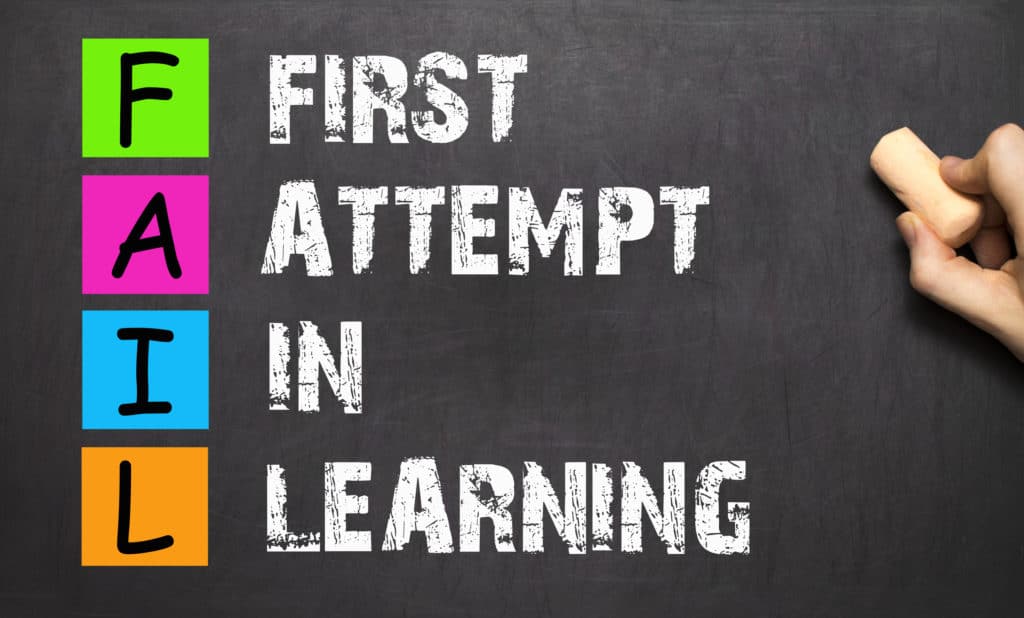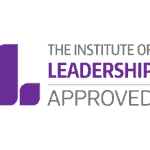“Perfectionism is an inherently impossible goal. Something that is inherently impossible cannot be healthy.” – Dr Thomas Curran, Psychologist at the London School of Economics
I’ve borrowed this quote from a podcast where Adam Grant interviewed some experts on perfection and psychology. We’re often encouraged to believe that being a perfectionist is a good thing, especially at work. Being a perfectionist is usually equated with delivering high quality work and having great attention to detail – things that many employers value and look for in their people.
Dr Curran’s research on college students (cited in the podcast) suggests that levels of perfectionism are rising, including a 10% increase in how many of us expect other people to be perfect. Worryingly, as we feel more expectation from others to be perfect we’re more likely to experience depression.
Reference for Dr Curran’s research: Breaking Up with Perfectionism, a podcast with Adam Grant

Is perfectionism the enemy of innovation & problem-solving?
Of course, wanting to do your best work and challenging yourself to improve your or your team’s performance is not a bad thing! Where the task is incredibly sensitive, like brain surgery for example, it’s necessary to spend a lot of time training and practicing to ensure you don’t harm your patients.
What’s unhealthy about perfectionism is setting yourself (or others) unrealistic goals and spending far more time and energy getting things ‘just right’ than is really needed to achieve your objectives.
Culturally (both at work and in society in general) there is a strong pressure to get things perfect because we fear being ridiculed, criticised or even losing our jobs when we make mistakes. If we have to deliver something perfect, trying anything new can be too risky. What if it takes too long to get just right and what if it fails? It’s much safer to stick with what we’ve done before.
This can be bad for people and bad for organisations. Making mistakes is part of being human – so if you and your team are aiming for perfection, you’ll be creating extra stress by trying to live up to an impossible standard.
For you as a manager, you’ll be missing out on the best of your team. Part of your role is to create the environment for them to perform at their best: if they’re convinced they have to be perfect they’ll stop taking risks and they’ll stop being creative.

Try this instead: First Attempt In Learning (F.A.I.L.)
That’s right, a better way could including encouraging your people and yourself to fail more! We all make mistakes and that is a fact of life. In fact, mistakes are often an essential step on the journey towards our goals.
So what if we accept that mistakes are inevitable? We could then see them for what they really are: first attempts in learning.
Let’s look to achieve ‘good enough’ and then review and learn, maybe by thinking afterwards “that’s great, and it could be better if…”
When designing a new product or service, the goal is not to try to create something perfect first time. It is to design something that offers value to a particular kind of customer and therefore to make a profit by selling to those people. Sharing a prototype or piloting a service, then looking for all the ways the product or service could be improved, is a really valuable part of the design process. Without it, a company can waste thousands of pounds on manufacturing products or developing services that just don’t meet the needs of the customer.
Great chefs did not create an award winning main dish at the first attempt, they create, try, ask themselves what would make it better, adapt, try it, get their target customer to try it, ask what would make it better etc. They are constantly seeking to learn and improve, rarely do they get to ‘perfect.’
When we reframe perfectionism and start to create a culture of learning at work things get easier. As managers, we might start to think about how we can take the pressure off our people and give them more space to try, test and fail. We could try having more honest conversations about our mistakes and what we can learn from them.
What’s amazing about learning to fail?
- It fosters more innovation and creative thinking in your team, leading to better quality work overall.
- It encourages a culture of psychological safety, where people feel trusted and free to experiment and to challenge the status quo.
- It builds resilience in your people and your business.
- It encourages flexibility in our thinking, which allows us to pivot quickly during times of change.
- It supports better mental health at work, the costs of which to the individual, the organisation and to our economy are staggering (see my post earlier in the year on this).



